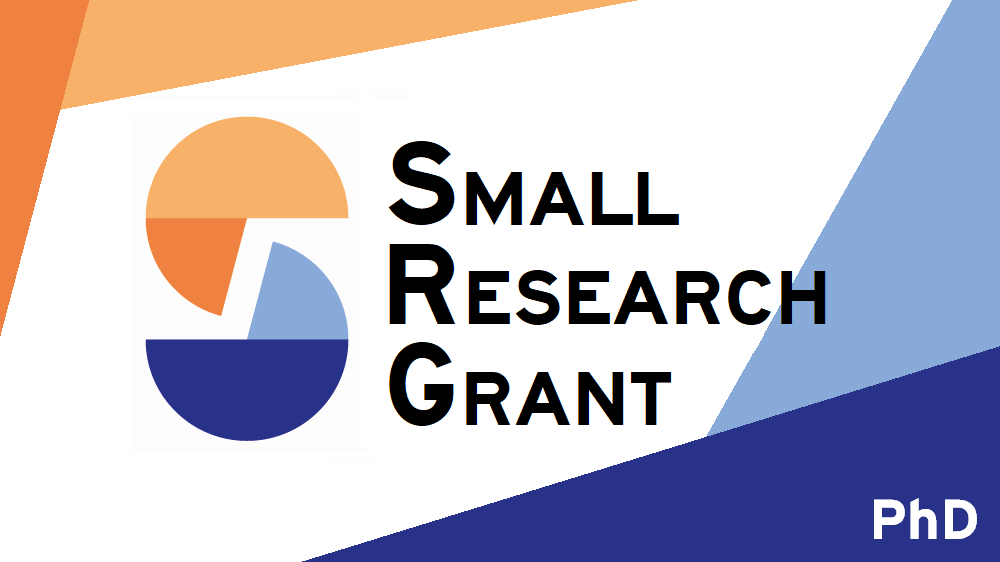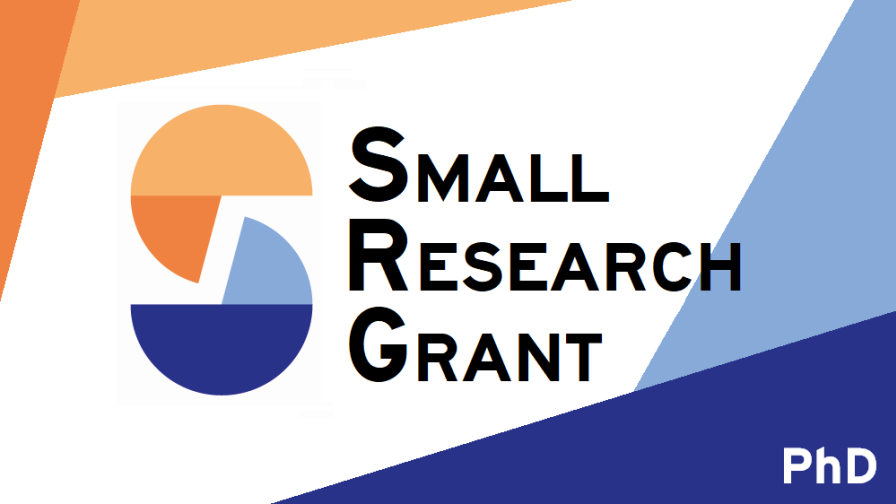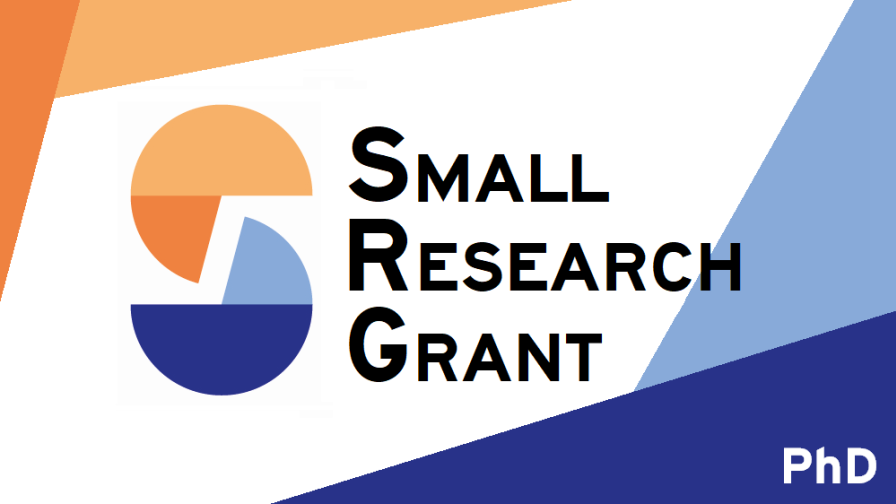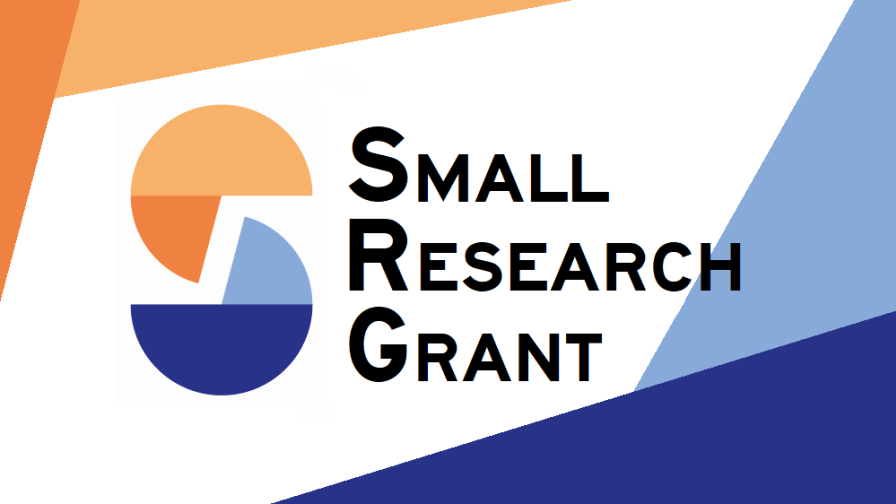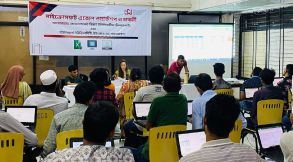With little influence over resources and norms, women’s voice and agency remain limited in Sub-Saharan Africa, although it has one of the highest female labour force participation rates at the world level (World Bank, 2014). We show that a standard structural change model with intra-household bargaining, connecting Ngai and Petrongolo (2017) and Blundell, Chiappori and Meghir (2005), predicts that moving out of agriculture increases female bargaining position by an increase in female to male wage ratio due to the rising service sector. We investigate the impact of structural transformation on female empowerment in sub-Saharan Africa.
We test the hypothesis that structural transformation improves gender equality in sub-Saharan Africa using structural transformation data from the Economic Transformation Database and female empowerment measures from the Demographic and Health Surveys (DHS). To establish causality, the first instrument we use is internet bandwidth data in Africa from Hjort and Roulsen (2019) as an exogenous shifter to the share of the service sector, Second, to instrument the outflow of agriculture, we use using variations in international crop prices interacted with local crop types from World Census of Agriculture. The international price by crops can be obtained from the Agricultural Producer Prices dataset.
Insights from this project are that policies promoting the growth of the service sector can effectively contribute to women's empowerment in Sub-Saharan Africa, even in the absence of direct interventions targeting social norms which have been proven difficult. These findings provide policymakers with evidence-based recommendations to inform their strategies for promoting gender equality and enhancing economic growth through structural transformation.
Using internet bandwidth as instruments, the causal effect of service sector share on the bargaining index is around 0.8 standard deviation. Around 19 percent of the effect is driven by an increase in the female labor supply. Furthermore, it effectively increases women’s bargaining power over healthcare purchases. This is important as previous research finds that women in sub-Saharan Africa have lower bargaining power within the household and are less able to negotiate safe sex practices and are thus more vulnerable to HIV compared to their civil law counterparts. Our paper shows that economic structure change towards the service sector itself can lead to women's empowerment and well-being in Sub-Saharan Africa where health condition is the worst in Africa with substantial gender differences in healthcare utilization.
